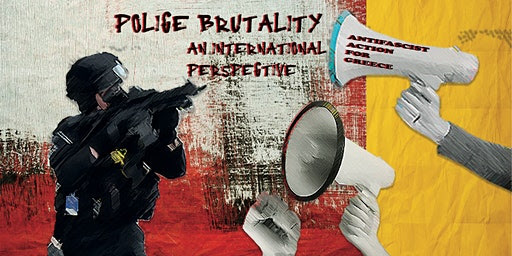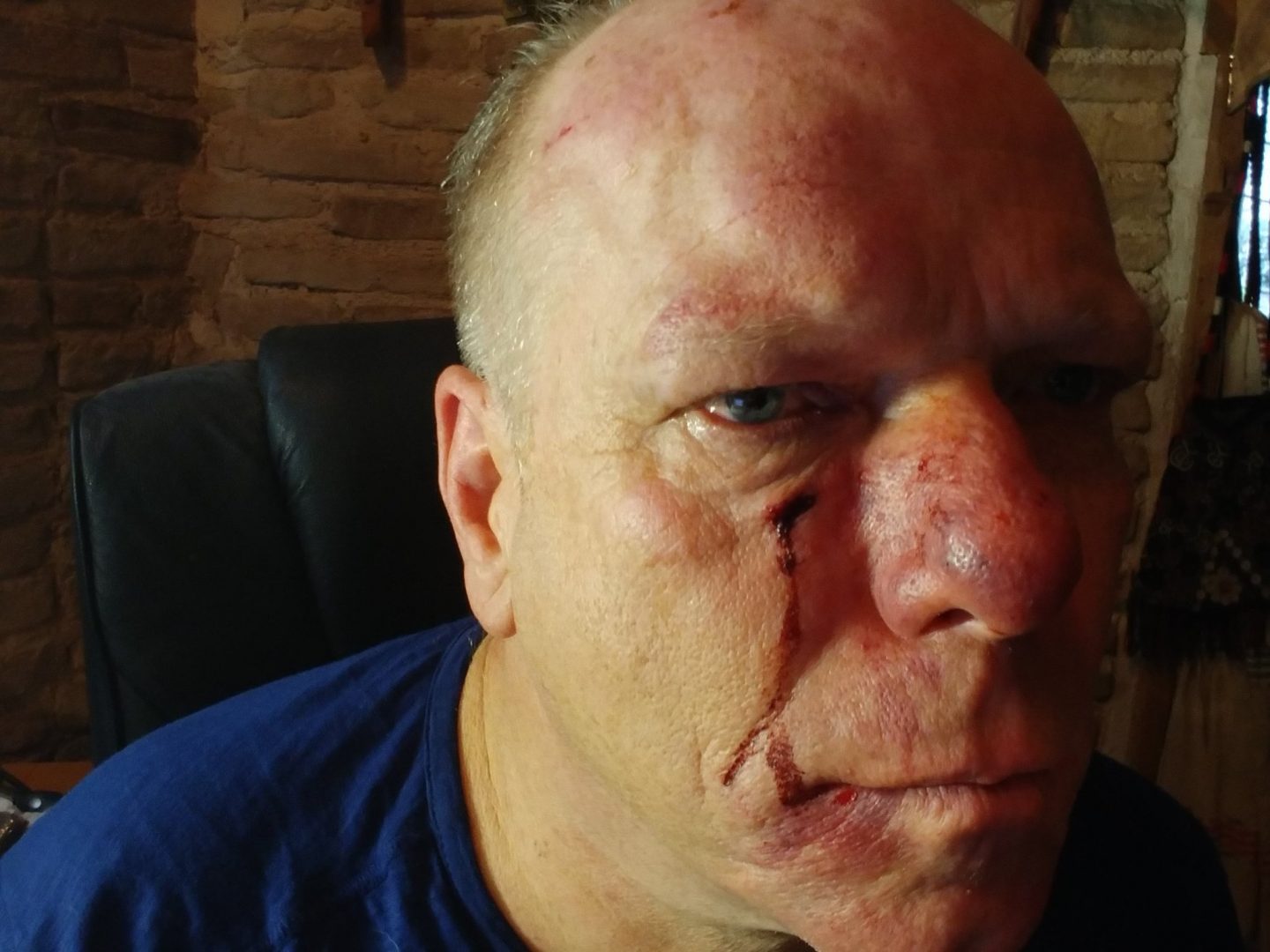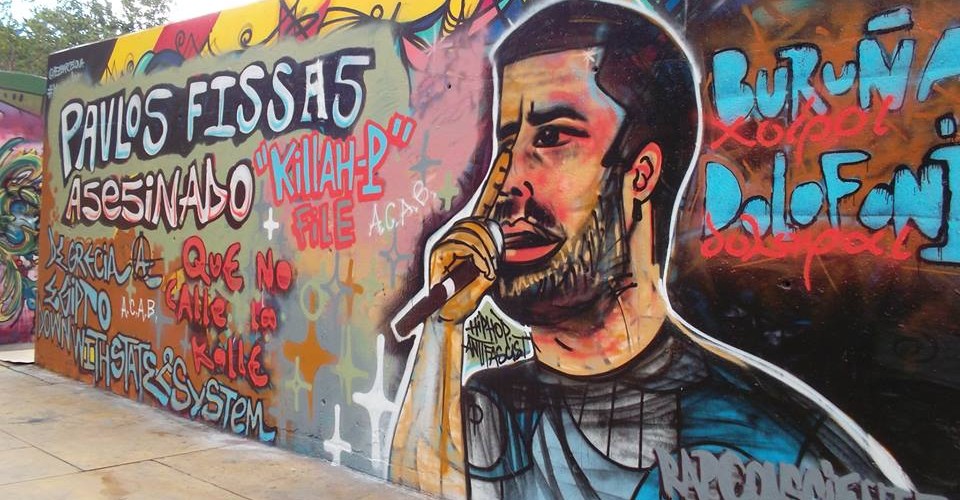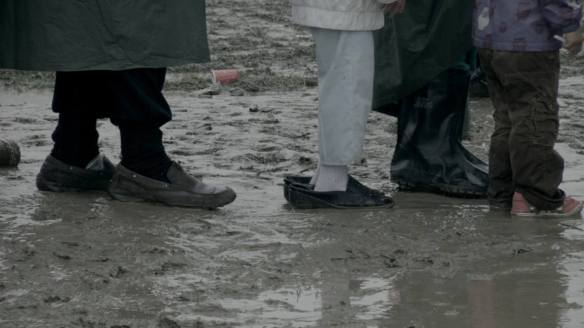
We’re hosting a new event, and we’d love to see you there.
Join us for Police Brutality: An international perspective, 16 May 2021 at 15:00 BST.
Join a conversation on the excessive and unwarranted use of force by law enforcement across Europe. From abuses of power and attacks against the press by both the Greek and Turkish states to decisions of French and British lawmakers to extend police powers, we are seeing a growing trend of police misconduct and impunity, which are becoming increasingly legitimised by the states themselves.
Panellists will share their own experiences of police misconduct and will discuss present authoritarian trends, as well as how and why we have come to this point on a global scale.Moderated by Antifascist Action for Greece (‘AAfG’), our panel consists of:
- Kumru Başer is a freelance journalist from Turkey, based in London since 1986. She has worked for international media organisations, as well as for a number of Turkish television channels and newspapers throughout the years. Her work on Turkey has been mostly focused on human rights, women’s rights and the Kurdish issue. She has written articles on the experiences and the effects of 1980 military coup and is also known as an ardent campaigner for press freedom in Turkey.
- Angelique Kourounis is an Athens-based correspondent reporting for over 30 years on Greece and the Balkans for various French-language media in France, Switzerland, Belgium and Canada. Over the last 10-15 years she has reported and made documentaries on issues such as the far-right and the Nazis, refugees in Greece and Turkey, and many more. She studied international law and history, and became involved in investigative journalism from her teenage years.
- Thomas Jacobi is an Athens-based correspondent for various French-language media, and has worked closely with Angelique over many years.
- Anastassia (Natasha) Tsoukala is a tenured Associate Professor of Criminology at the University of Paris-Sud, Senior Researcher at the University of Paris-Descartes, and Associate Researcher at the Centre for the Study of Conflicts, Liberty and Security. She is also Vice President of the Centre for Security Studies of Greece and Co-editor of the book series “Transnational Crime, Crime Control and Security” published by Palgrave Macmillan. Her areas of expertise are security policies and human rights in Europe, and the social construction of threat.
Save your spot now as the seats are limited. Check out our Facebook event and register here. Hope to see you all there!




